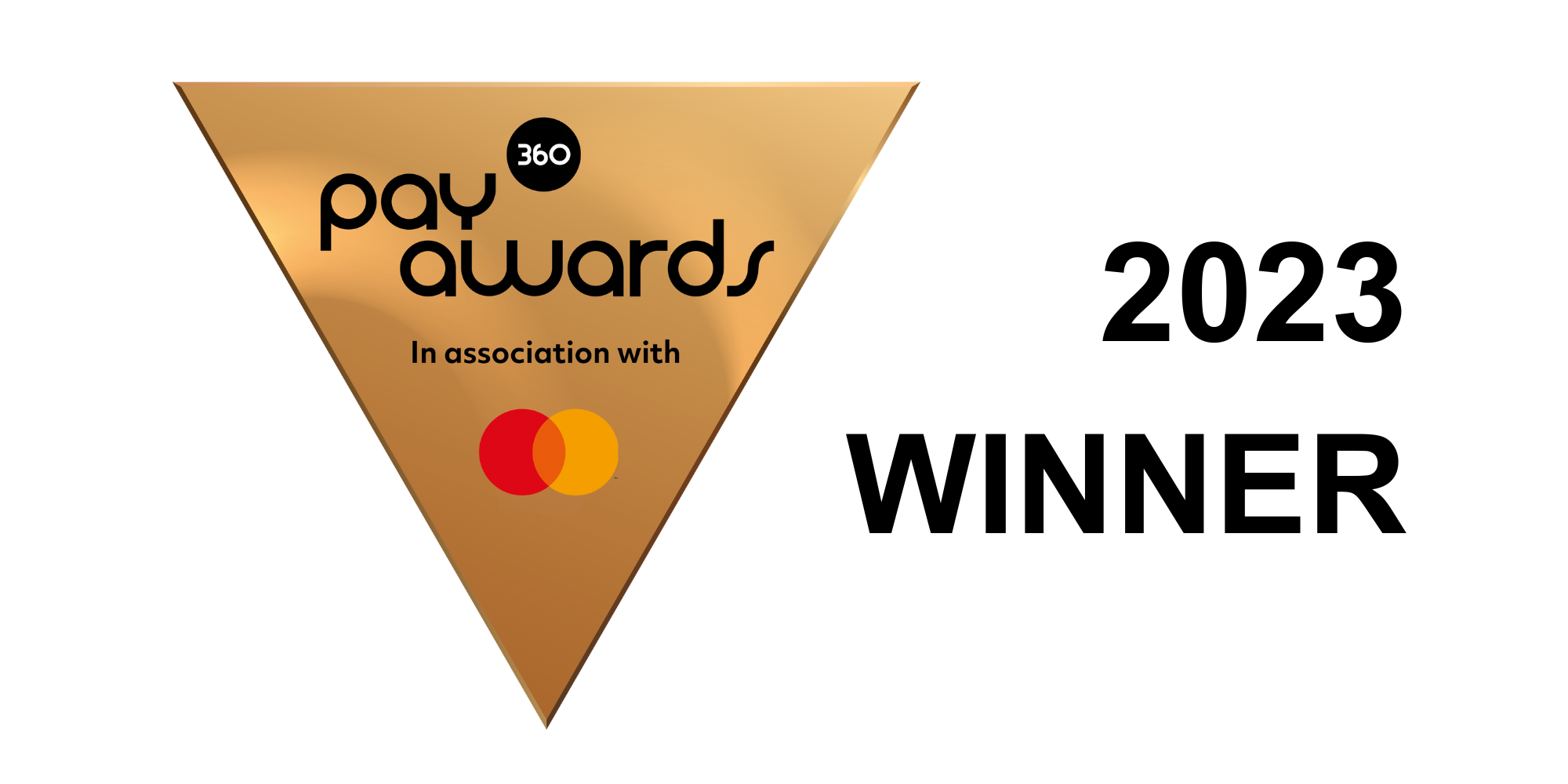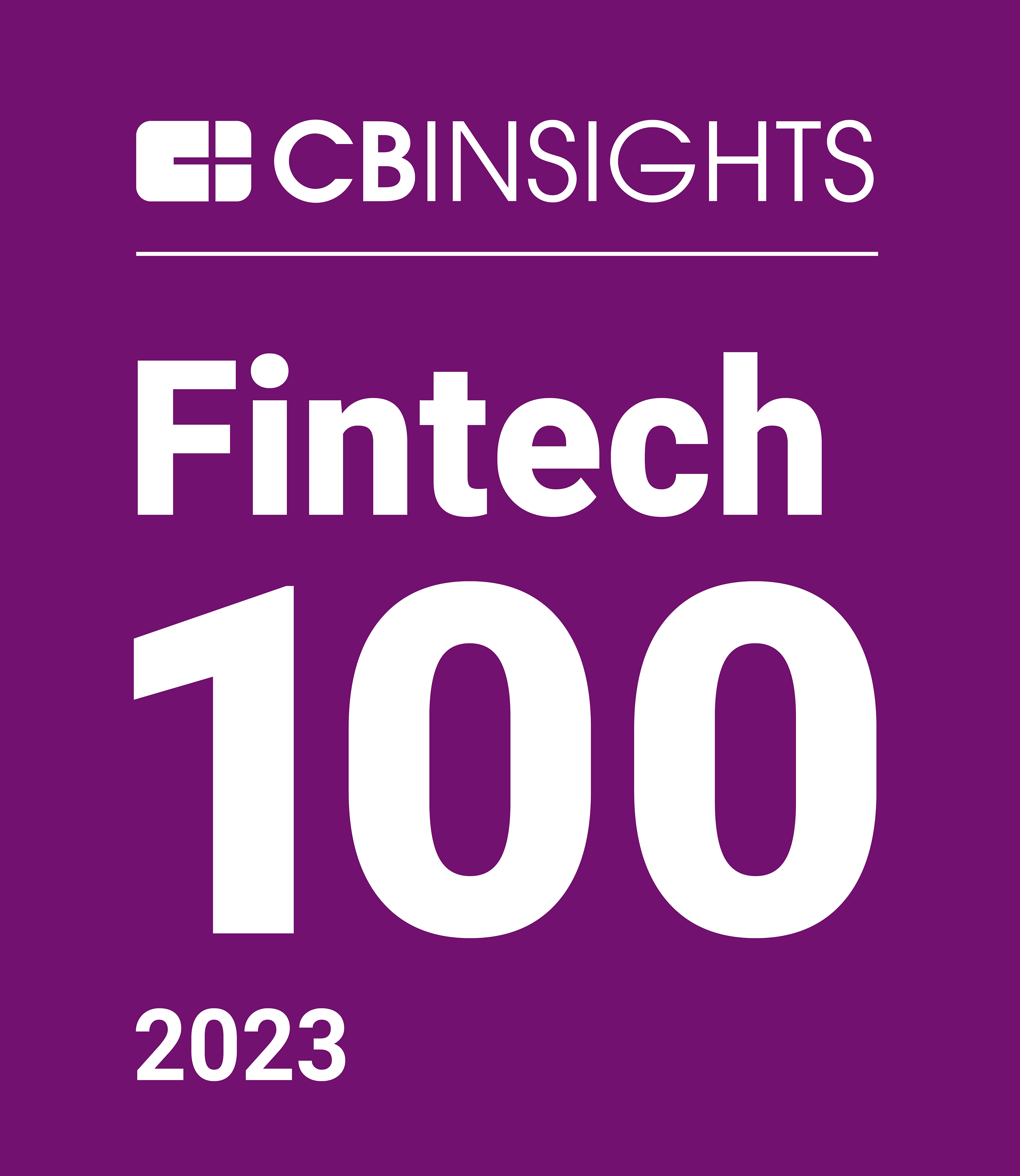A cashless society.
A cashless society might sound like a Marxist’s utopia, but on the surface it’s far more base: it’s a lack of physical money.
What is a cashless society?
A cashless society might sound like a Marxist’s utopia but on the surface it’s far more base: it’s a lack of physical money. No more happy/unhappy queen origami. Slot machines become tap machines. You know that one game where you balance a coin over the edge of a table, flick it with your finger, and see how close you can slide it to the opposite edge without it falling off? Yeah, better get your Tiddlywinks out, because that’s gone.
How would going cashless impact society?
Other than the near-unthinkable losses listed above, there are a plethora of potential pros and cons to going cashless.
Some cashless pros:
Dirty money (literal) — depending on country, up to 100% of paper notes tested (94% of $1 bills) were contaminated with microorganisms, including E. coli and Salmonella. Note: the switch to polymer has improved these statistics.
Dirty money (idiom) — it’s difficult to launder digital money: not only is it much harder to put in the washing machine, every transaction is recorded and therefore easy to trace.
Small pockets — no handful of change means a very streamlined silhouette.
Crime — whilst not impossible to duplicate a card and commit fraudulent transactions, which can be identified and refunded, it’s far easier to steal physical cash. It’s also far easier to use cash to finance crime, terrorism, etc. For any nefarious reason you don’t want a paper trail, cash is your best friend.
Fake — globally, we’ve been reducing the production of high denomination bank notes for decades, due to the risk and prevalence of counterfeiting.
Serious anecdote interlude: during WWII the UK halted production of banknotes above £5 due to Operation Bernhard, a plot to destroy the British economy by flooding the country with forged currency. By the end of the war, an estimated £15–20 million worth of counterfeit cash was believed to be in circulation.
Security — it’s easier and safer to store, track, and transport digital currency. Digital transactions also offer security measures like two-factor authentication and biometrics for accessing funds and approving payments.
Management — there are myriad tools for tracking expenditure, saving, and budgeting your digital funds, with automated tracking, reports, and digital buckets for long and short-term savings goals. Financial management apps are booming and accessible, with the rise of challenger banks integrating money management and financial health functionality with their digital accounts.
Some cashless cons:
Big Brother — They say data is the new oil: immiscible with water and the world’s most valuable resource. Whilst there is a huge positive in being able to track transactions, this also means there’s an abundance of financial data being stored and utilised to build personal profiles of consumers. Not necessarily a huge negative to everyone, but it is yet another facet of life from which the element of privacy has been removed. You can delete your social profiles, put tape over your webcams, and tell Alexa to put her fingers in her ears, but moving completely off-grid to live off the land is a slightly bigger commitment. Pessimistically, this could be near-unavoidable mass surveillance. Optimistically, an incomparably rich set of data becomes available to inform and strengthen economic judgement.
Unbanked — Immigrants, the homeless, those with severely low incomes, youth, and other marginalised groups may not have (and struggle to obtain) a bank account. Globally, not everyone has the necessary access, societal or technological foundations, or wealth needed for a cashless society.
Cyber attack — whilst unlikely, a successful attack on payments infrastructure would cause widespread shutdown and, even with a fleeting downtime, severe economic ramifications. Not just from suspended payments and extreme cost of recovery, but lingering social panic and distrust.
Other:
Of course, there will also be unforeseen, tangential nuances to this new world. For example, perhaps going cashless will provide a symbiotic acceleration of social payments: moving transactions from the unchanged, compartmentalised rails and checkout system we’ve been used to for fifty years, to the more fluid, integrated digital social behaviours emerging with the introduction of apps like Swish and Venmo.
Are we trending towards a cashless society?
In short, yes.
In medium, if we’re talking ‘global society’, a cashless majority is cresting the horizon, but there will be inevitable outliers which inhibit the complete eradication of cash (see above).
If we’re talking on a national level, Sweden are putting their money nowhere near where their mouth is and pioneering the digital shift: a majority of Swedish bank branches are already cashless; seven million Swedes have adopted Swish, a real-time mobile payments platform; and Sweden is proposing a 100% digital economy by March 2023.
Interestingly, Sweden was also the first European country to adopt the banknote.
Here in the UK, the shift has been more subtle but equally undeniable. Cash payments have declined over 50% in the last decade and are predicted to make up less than 1/10th of transactions by the end of the next.
What part does Banked play?
In a cashless society, a microscope will be held up to the existing convoluted and fragmented processing of transactions, revealing the same rusting and buckled rails that have been pushing payments since before the internet. Whether cashless makes up 10%, 60%, or 100% of transactions, the role of Banked is to provide the best digital payments experience for any circumstance. Real-time, instant, account-to-account payments on a new set of rails built for the digital era. Accessible by anyone. Pure, versatile, and direct.
Platform


Banked Ltd is authorised and regulated by the UK Financial Conduct Authority
151 Wardour St, Unit 5.01, London, W1F 8WE, UK
Company number 11047186 : Firm Reference Number 816944 : +44 (0) 20 8090 2747
© Banked : 2024